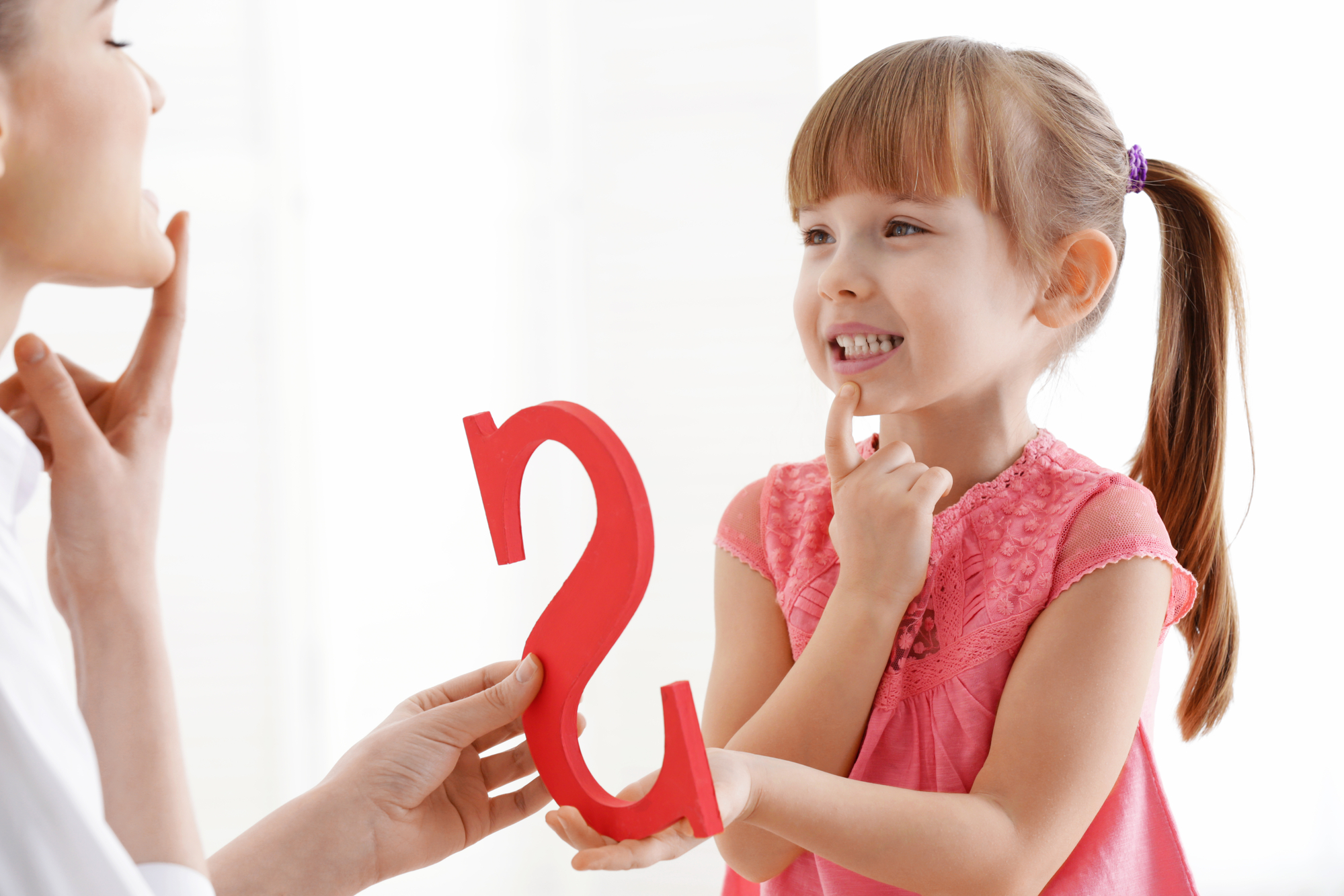As a Speech Pathologist, one of the first things I would often discuss with families during assessment or when starting intervention is the difference between speech and language. This is a very confusing topic for many parents, but one I feeI is important to spend time discussing as they are two quite different things. Both are important when it comes to communication development.
As you can imagine, when families come into the clinic for the first time the goal is often for their child to develop speech. Oftentimes, particularly in the case of younger children, they may not be speaking any words when they first present for assessment or therapy.
In order to develop effective verbal communication skills, language and speech are both vital to develop. If a child is not yet speaking any words, it can be tempting for families to want to move straight to d n6yh ftgv tfgv rft5eveloping speech, however, therapy needs to begin with language. After all, it is not much use knowing how to say all of the sounds if a child does not have any understanding of concepts, or words to say yet! For some kids, this might start with developing their understanding of language (receptive language). It might incorporate developing expressive language skills using different modalities, for example, gesture or sign language. As language develops, speech can also be targeted alongside language in therapy.
If you have any concerns about your child’s speech or language development, the first step would be to visit a speech pathologist. Speech pathologists are the experts in communication development, including speech and language. They can see children from a very young age, including prior to the development of speech. Your child will first have an assessment to determine whether their development is on track or if they might need a little help. If therapy is recommended, goals and a therapy program will be developed with you and intervention should ideally incorporate parents and families where possible.








